Bunny-Proofing Your Home: A Step-by-Step Guide to Creating a Pet-Integrated Living Space
Welcome, fellow animal lovers and interior design enthusiasts! If you’ve ever tried to decorate your home while living with a curious little bunny, you know it can be quite the challenge. Bunnies are adorable, but they’re also notorious nibblers, escape artists, and carpet diggers. Fear not — creating a pet-integrated space that’s both functional and fabulous is totally possible. In this article, we’ll walk you through step by step bunny-proofing techniques, offer decor hacks, and even throw in some product suggestions that will make your bun happy *and* your space Instagram-worthy.
Table of Contents
- Why Bunny-Proofing Is More Than Just Safety
- Step-by-Step Bunny-Proofing Checklist
- Decorating Without Sacrificing Style
- Buyer’s Guide: Must-Have Products for Bunny-Integrated Homes
- Final Thoughts: Designing with Bunnies in Mind
Why Bunny-Proofing Is More Than Just Safety
We often think of bunny-proofing as just protecting our furniture from chewing. But in reality, it's about creating a harmonious space where your furry friend feels safe, entertained, and stimulated — all while keeping your décor intact. Think of it as interior design with a side of pet psychology!
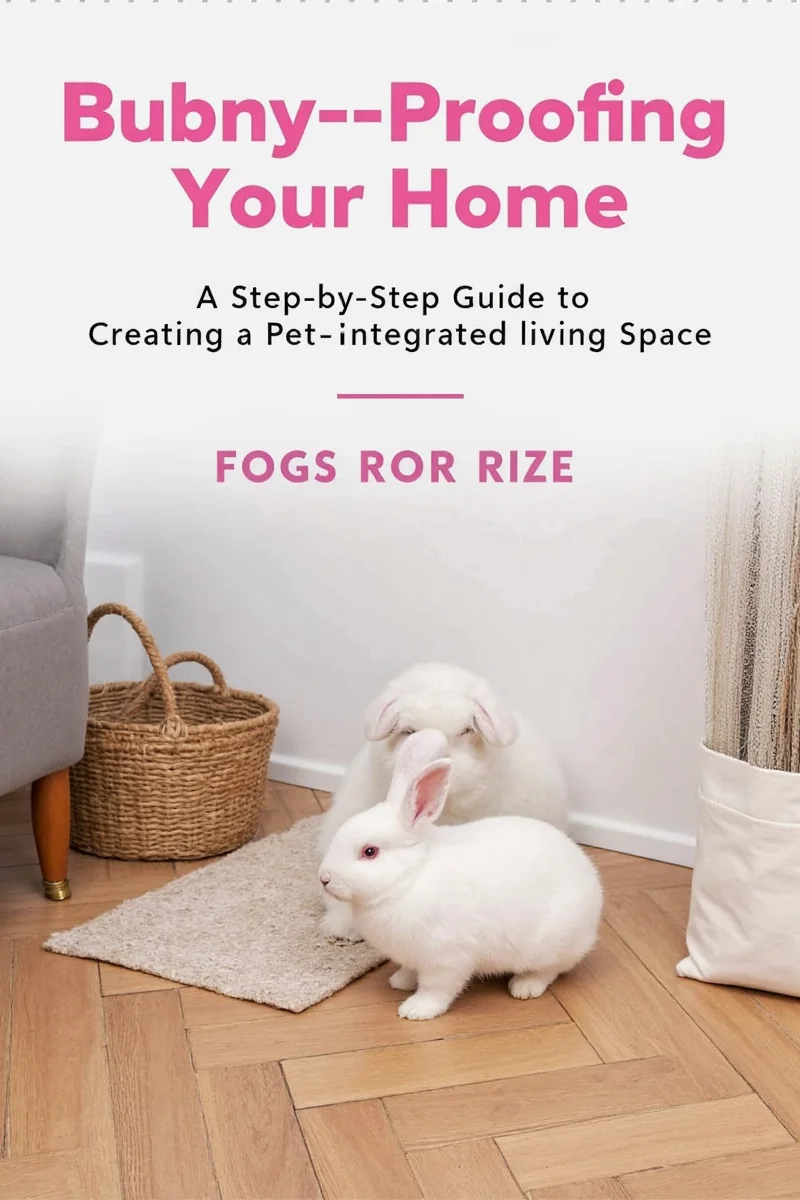
Bunnies are naturally curious and have an instinct to dig, chew, and explore. The goal is not to restrict them but to guide their behavior in a way that complements your lifestyle. That means integrating bunny-safe elements into your existing space rather than segregating them into one area.
Step-by-Step Bunny-Proofing Checklist
Ready to take the plunge? Here’s your ultimate checklist for making your home bunny-ready without sacrificing your style.
Step 1: Block Off Dangerous Areas
- Use baby gates or decorative fencing to block off stairs, small crevices, or rooms you don’t want your bunny accessing.
- Consider magnetic locks on cabinets if your bunny is particularly sneaky.
Step 2: Protect Electrical Cords
- Wrap cords in spiral cable covers or PVC tubing painted to match your wall color.
- Use cord organizers to keep wires out of reach.
- If possible, route cords behind furniture or up walls.
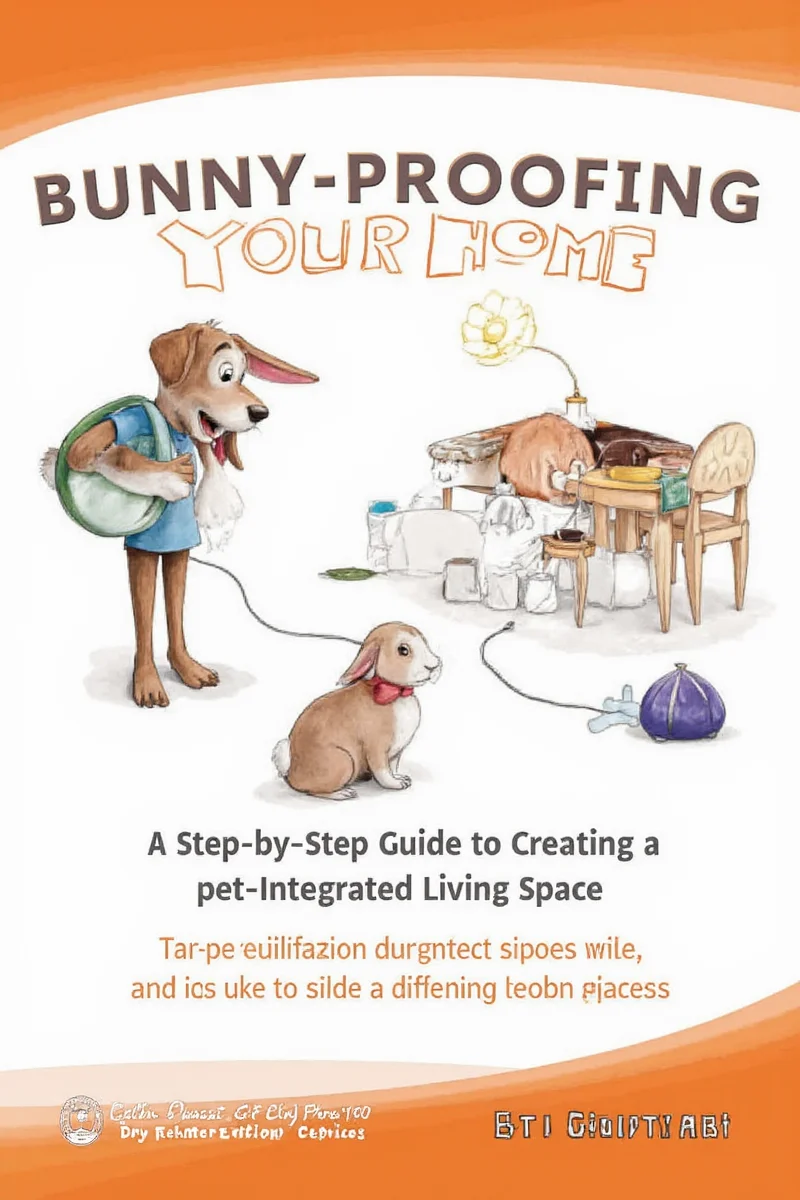
Step 3: Cover Furniture Legs and Baseboards
- Install corner guards or wooden blocks stained to match your baseboards.
- Use furniture leg protectors made from rubber or silicone.
- Alternatively, place decorative rugs or mats over high-chew zones.
Step 4: Secure Rugs and Carpets
- Use double-sided tape (non-toxic) or rug pads underneath carpets to discourage digging.
- If your bunny insists on chewing, swap plush rugs for washable jute or sisal options.
Step 5: Provide Chew Alternatives
- Offer safe chew toys like untreated wood chews, hay bundles, or cardboard rolls.
- Create a “chew zone” with baskets of safe items so your bunny knows where it’s okay to gnaw.
Step 6: Create a Safe Litter Zone
- Use low-entry litter boxes lined with paper-based or wood pellet litter.
- Place them strategically near favorite corners and sleeping areas.
- Choose designs that blend with your decor (more on that later).
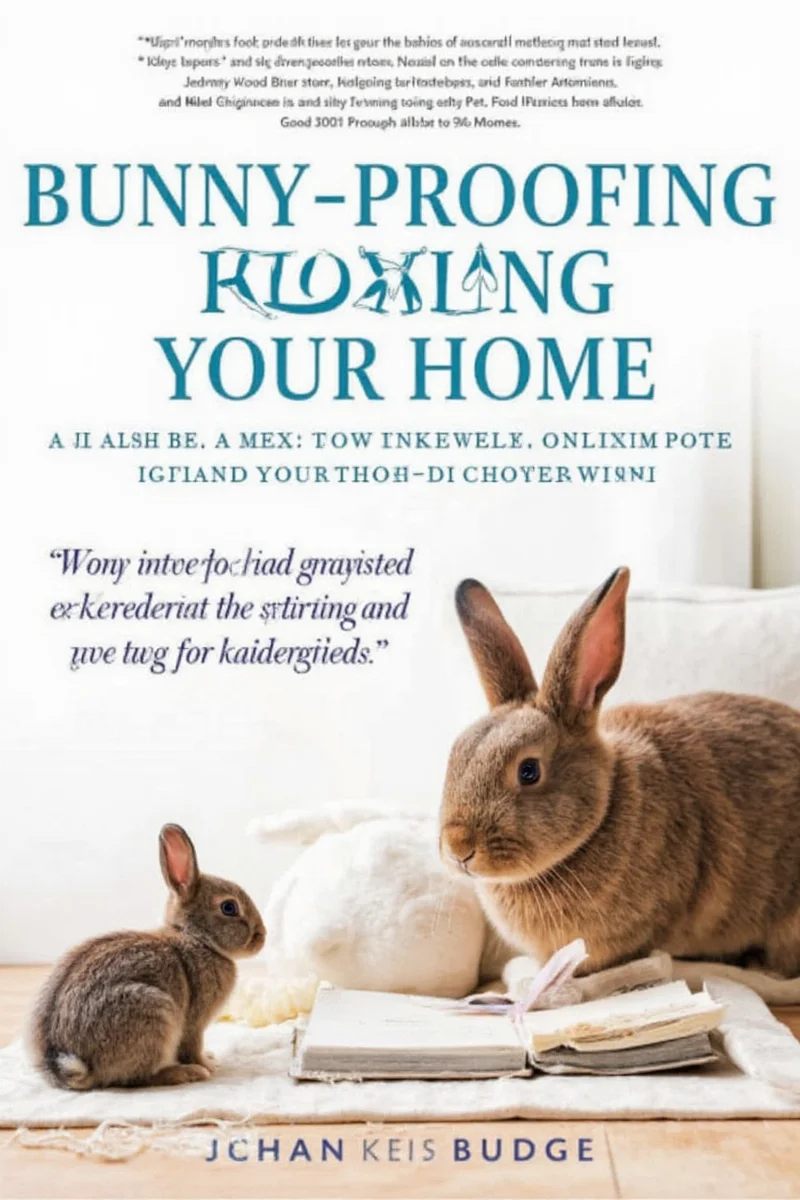
Decorating Without Sacrificing Style
You don’t have to choose between having a gorgeous home and sharing it with a bunny. In fact, many pet-friendly materials and designs can enhance your overall aesthetic. Here’s how to do it right:
Choose Durable Fabrics
Opt for natural fibers like wool, linen, or microfiber that resist pilling and hold up well against claws and occasional accidents. These fabrics are breathable, easy to clean, and look elegant in any room.
Go Neutral with Color Schemes
Neutral tones like greige, taupe, and soft whites help mask stray bits of hay and fur. Plus, they provide a calm backdrop for vibrant accent pieces like throw pillows or art.
Incorporate Multi-Functional Furniture
Think ottomans with storage compartments for hiding toys, coffee tables with raised edges to deter hopping up, or benches with cushioned tops that serve as both seating and bunny lounges.
Add Texture Through Accessories
Rugs, blankets, and wall hangings can add warmth without being too tempting for chewing. Look for washable textures made from cotton or hemp that won’t fray easily.
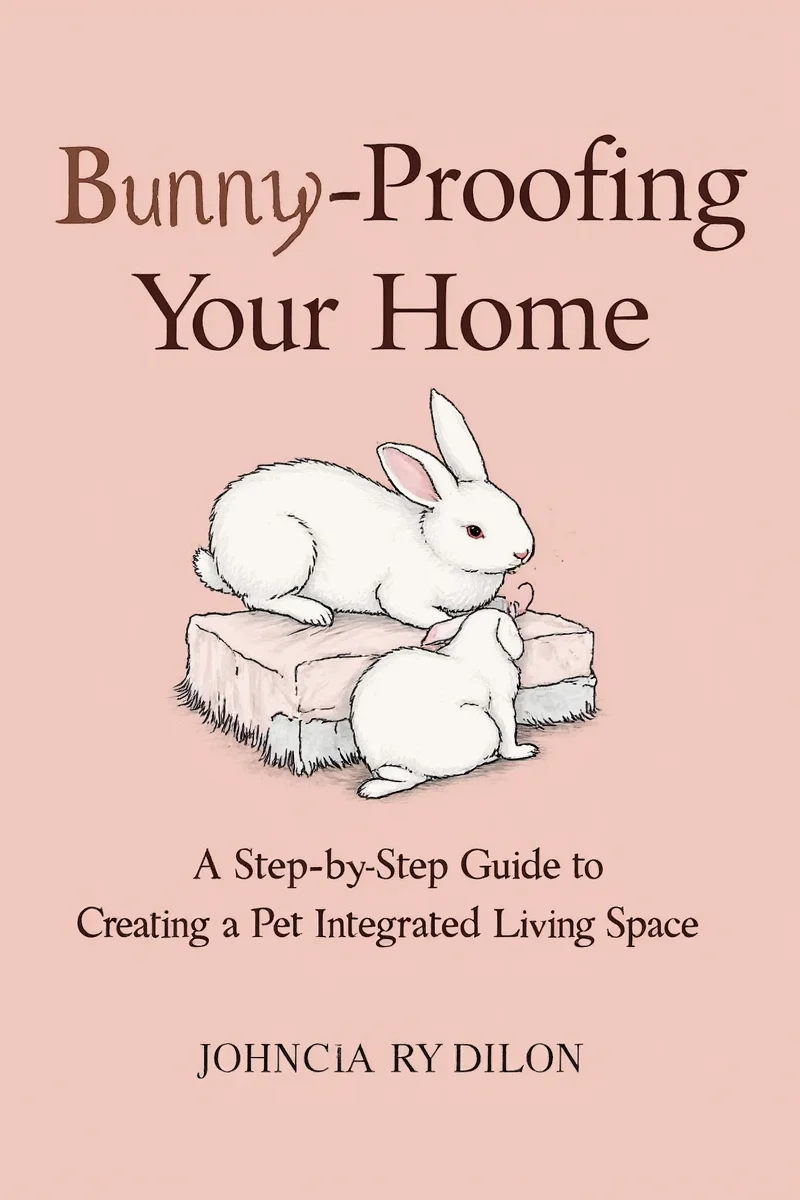
Mix Natural and Artificial Plants
Some houseplants are toxic to bunnies, so opt for hanging planters or faux botanicals instead. They still bring life to your space without the risk of nibbling disasters.
Buyer’s Guide: Must-Have Products for Bunny-Integrated Homes
Whether you're building a dedicated bunny room or integrating your pet into your living space, the right products can make all the difference. Here’s a curated list of essential items every bunny owner should consider.
| Product Name | Description | Features | Best For | Price Range |
|---|---|---|---|---|
| Niteangel Wooden Litter Box | A stylish and functional litter box made from bamboo and finished with non-toxic oils. | Low entry, odor control, eco-friendly material | Modern minimalist homes | $70 - $90 |
| Paws & Pals Spiral Cable Covers | Flexible, colorful plastic sleeves that fit over any standard power cord. | Easy to install, chew-resistant, available in multiple colors | Home offices, entertainment centers | $10 - $15 per pair |
| Kathy Ireland Home Rug Pad | Grippy underlay that keeps rugs secure and prevents slipping or bunching. | Non-toxic, machine washable, fits most rug sizes | Carpet-free zones, hardwood floors | $20 - $40 depending on size |
| Oxbow Essentials Chews | Natural wood chews made from apple and willow trees. | All-natural, digestible, supports dental health | Chew-happy bunnies, teething kits | $8 - $15 per pack |
| Catit Senses 2.0 Digger Cat Mat | Textured mat designed for digging behaviors, perfect for rabbits. | Durably stitched, easy to clean, satisfies digging instinct | Digging-prone bunnies, multi-pet households | $25 - $35 |
When to Buy What?
- New Bunny Owners: Start with the litter box, cable covers, and a few chew toys.
- Experienced Owners: Invest in durable rugs and texture accessories to elevate your space.
- For Holidays: Gift your bunny (and yourself!) a new set of designer cable covers or a festive hay tunnel.
Final Thoughts: Designing with Bunnies in Mind
Creating a bunny-integrated space doesn’t mean compromising on aesthetics or safety. With a bit of planning and the right tools, you can design a space that works beautifully for both humans and hares alike. From chic litter solutions to chew-proof decor, the key is balance — and a healthy dose of humor when you find your favorite slippers mysteriously turned into a bunny snack bar.
So whether you're prepping your apartment for your first bunny or revamping your current space to better suit your fluffy roommate, remember: style and safety can go paw-in-paw. Happy decorating!
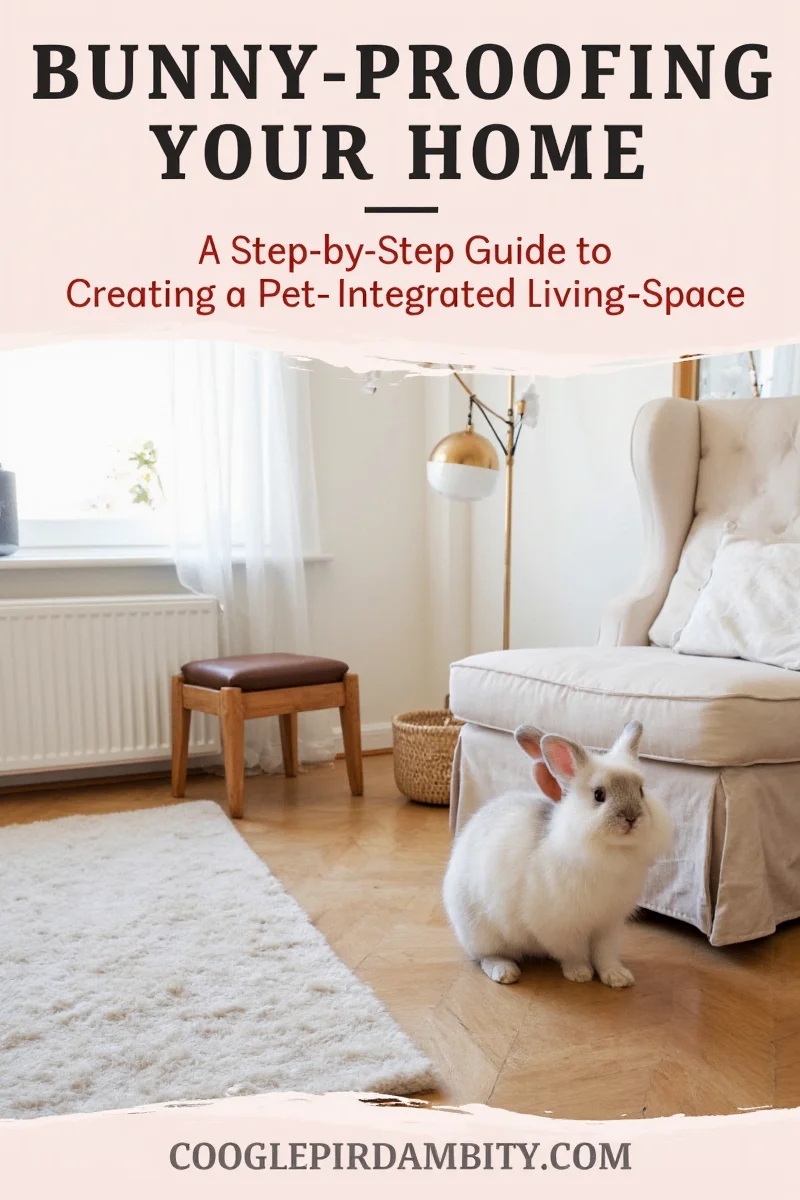
Looking for more inspiration on designing with pets in mind? Stay tuned for future guides on cat-integrated kitchens and dog-friendly patios. Until then, keep those buns safe and your spaces stunning!

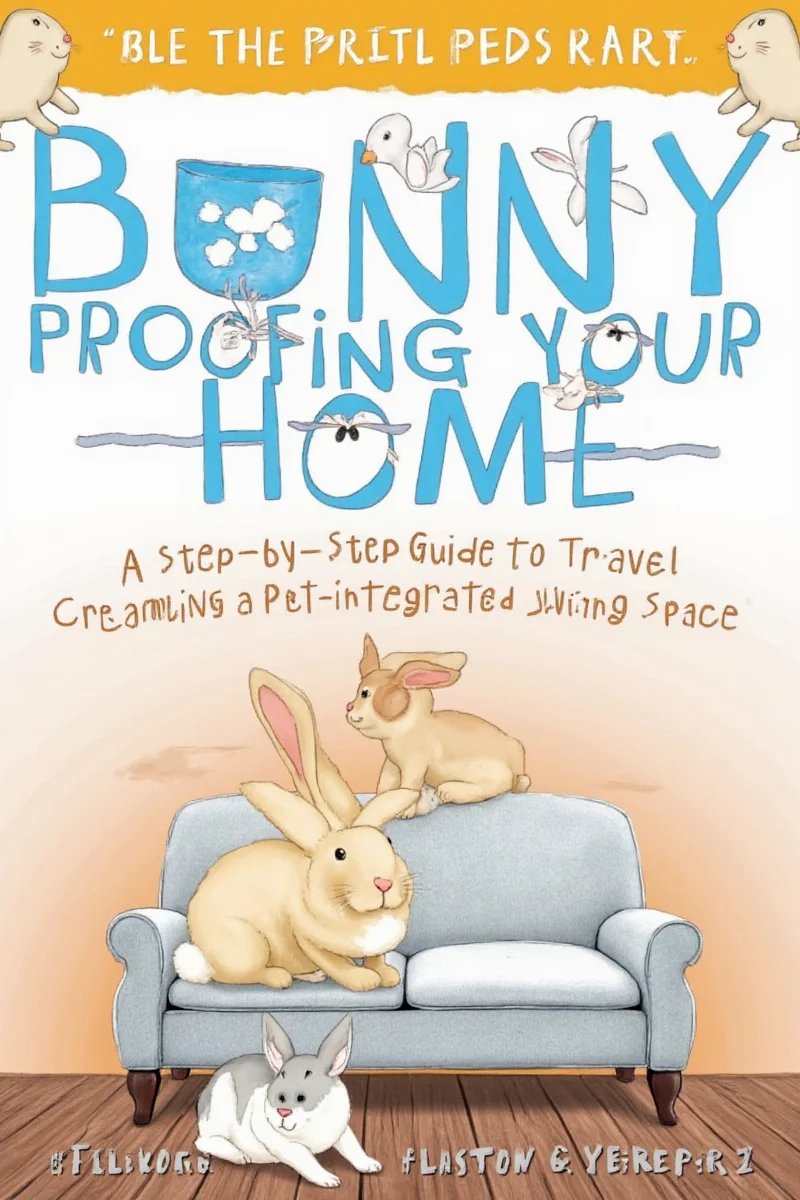









 浙公网安备
33010002000092号
浙公网安备
33010002000092号 浙B2-20120091-4
浙B2-20120091-4